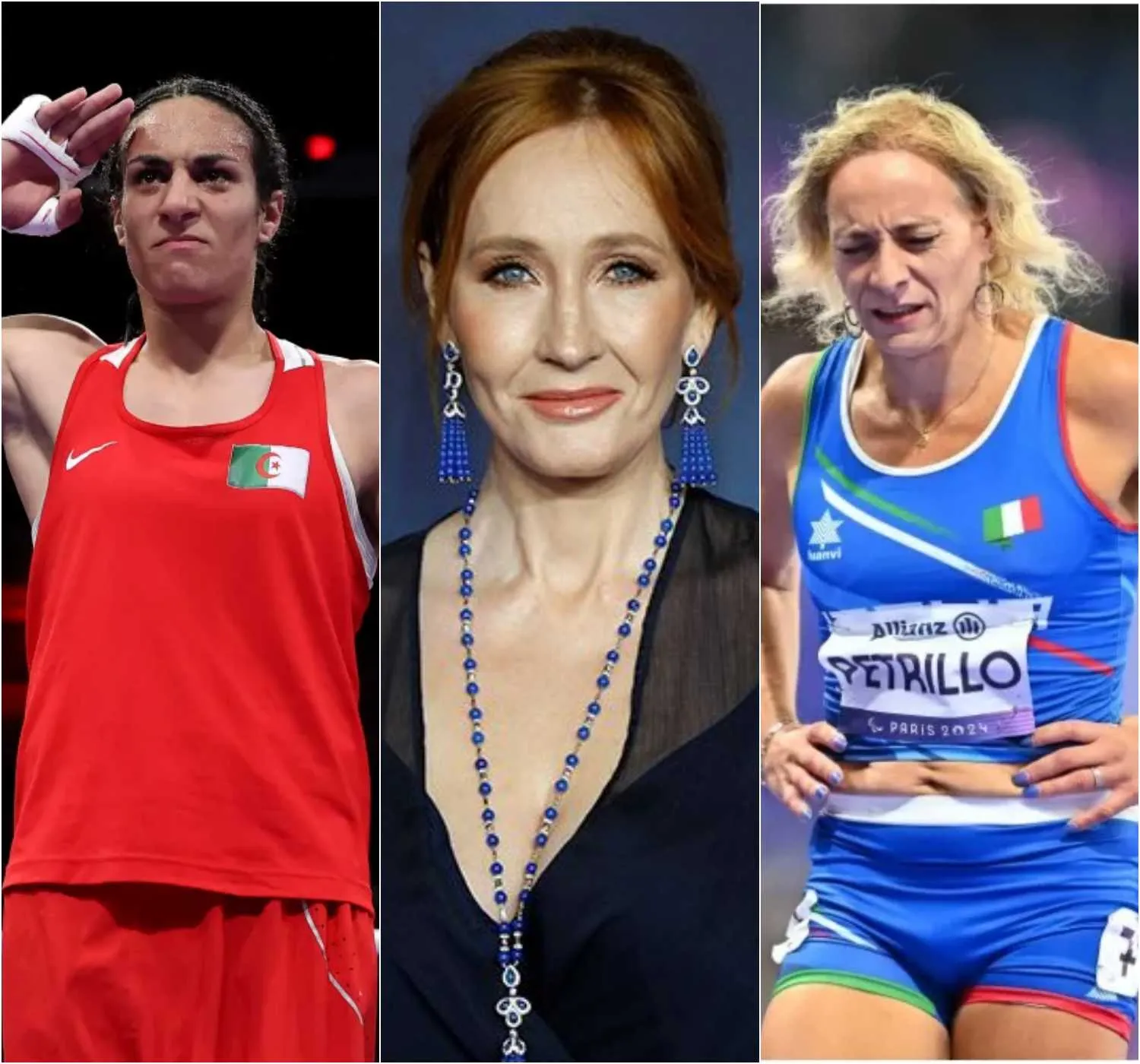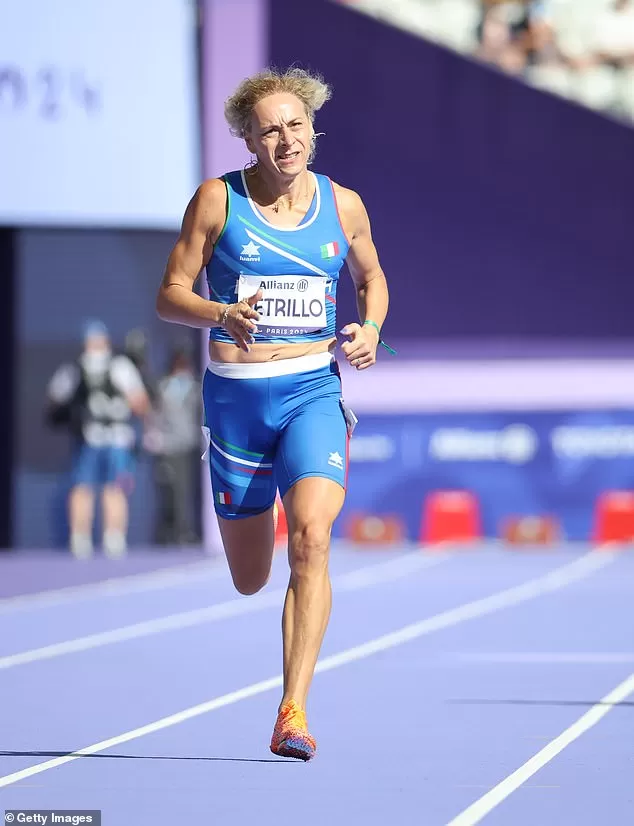Valentina Petrillo’s remarkable journey at the Paralympics may have come to an end, but the 51-year-old sprinter is optimistic that her participation will usher in significant change for transgender athletes. In a candid interview with the UK Times, Petrillo, who transitioned from male to female in 2019, spoke about the ongoing transphobia she has faced, while also addressing remarks from prominent figures such as JK Rowling.

As a visually impaired Italian athlete, Petrillo has spoken openly about the prejudice she faces. “Rowling is only concerned about me using the women’s bathroom, but she doesn’t know anything about me,” she explained, highlighting what she perceives as an “information problem.” Petrillo suggested that much of the criticism of transgender athletes stems from a lack of understanding and deep-rooted prejudice. “People said men compete as women just to win, but that’s not what happened at all,” she stressed, contradicting unfounded accusations against trans athletes.

The controversy escalated when JK Rowling criticised Algerian boxer Imane Khelif for competing as a woman in the Paris Olympics, despite Khelif being born and identifying as a woman. After Petrillo qualified for the semi-finals of the women’s 400m T12 race, Rowling took to social media to voice her dissatisfaction. “Why all the anger at the inspirational Petrillo? The cheating community has never had such visibility!” Rowling wrote, further fuelling the debate.
Rowling’s comments were sharply critical, with the author comparing Petrillo to a “cheat” and sarcastically suggesting that the era of “cheat-shaming” is over. “Open and proud cheaters like Petrillo prove that the era of cheat-shaming is over. What a role model!” Rowling tweeted, closing with the hashtags #Cheat and #NoShame.

Petrillo, who had previously competed in men’s track and field and won several national titles, was allowed to compete in the women’s category at the Paralympics under World Para Athletics regulations, which allow athletes who are legally recognized as women and whose testosterone levels have been below a certain threshold for at least a year to participate.
Despite her impressive career, Petrillo’s performance at this year’s Paralympics did not live up to expectations. After making it to the semifinals, she finished third, narrowly missing out on a place in the final and a chance at a gold medal. Andrew Parsons, chairman of the International Paralympic Committee, spoke in favor of Petrillo’s participation, hoping to foster unity in the sporting world regarding transgender policies. However, not everyone agreed, with tennis legend Martina Navratilova criticizing the IPC’s policy as “regressive,” fueling further debate.

As Petrillo reflects on her Paralympic experience and the challenges she has overcome, she remains committed to advocating for greater understanding and acceptance of transgender athletes. Her story underscores the ongoing conversations about inclusion in sport, emphasizing the need for empathy and informed dialogue in the face of persistent prejudice. Through her journey, Petrillo hopes to inspire change and create a more inclusive environment for all athletes.





